NEWYou can now listen to Fox News articles!
The Pentagon is reportedly pressuring Indo-Pacific allies Japan and Australia to clarify what roles they would play in the event of a war with China over Taiwan.
Elbridge Colby, the Pentagon’s policy chief, raised the question during recent meetings with Japanese and Australian defense officials, the Financial Times first reported.
While the United States has long urged Indo-Pacific allies to increase defense spending as China escalates its military activity around Taiwan, this push for specific wartime commitments is a new development — and reportedly caught foreign officials off guard.
Australia responded by stressing it would not commit troops in advance of any conflict.
TAIWAN ENVOY URGES CONGRESSIONAL ACTION, WARNS OF RISING CHINA THREAT AFTER MEETING LAWMAKERS
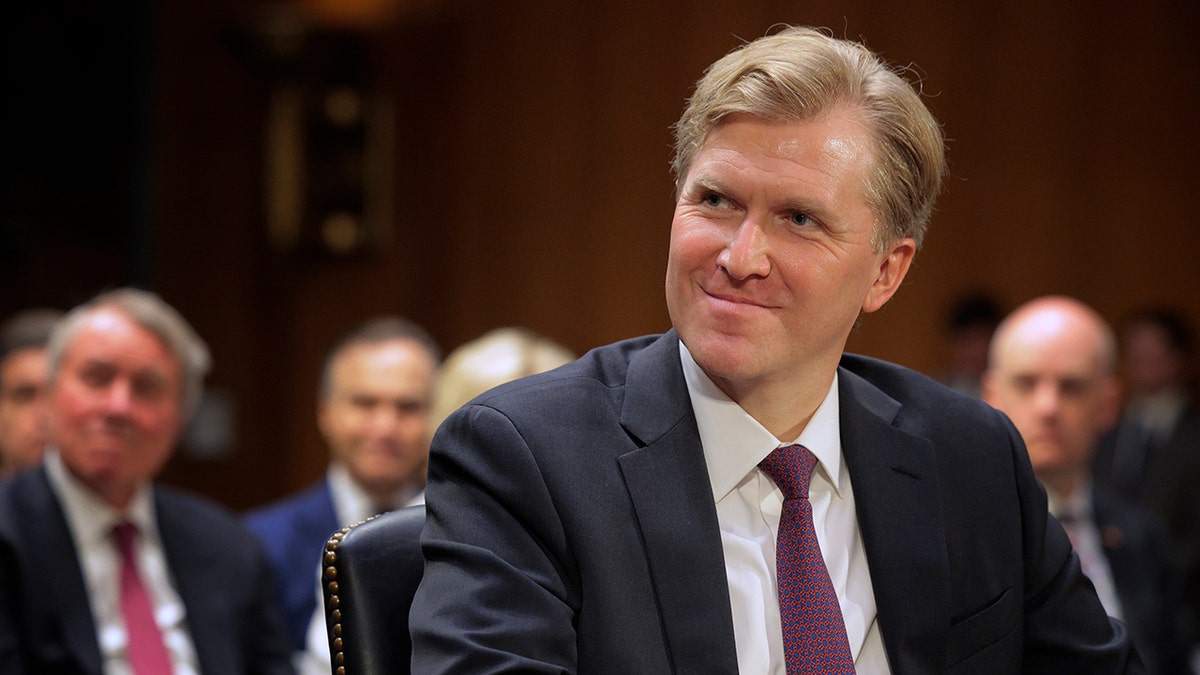
Elbridge Colby, the Pentagon’s policy chief, raised the question during recent meetings with Japanese and Australian defense officials, (Chip Somodevilla/Getty Images)
"The decision to commit Australian troops to a conflict will be made by the government of the day, not in advance," Defense Minister Pat Conroy told the Australian Broadcasting Corporation. "We won’t discuss hypotheticals."
Australia and the U.S. are currently leading a major joint exercise in Sydney involving 30,000 troops from 19 countries.
Pentagon officials have cited NATO’s efforts to boost European defense spending as a model for what Asian allies should consider. At the same time, Colby has advised European allies to prioritize threats closer to home rather than focus on the Indo-Pacific, sources told Fox News Digital.
"Some among our allies might not welcome frank conversations," Colby posted on X in response to the report.
"But as the department has made abundantly and consistently clear, we at DOD are focused on implementing the president’s America First, common-sense agenda of restoring deterrence and achieving peace through strength. That includes urging allies to step up their defense spending and other efforts related to our collective defense."
COLBY’S CHINA-FOCUSED PENTAGON PLAYBOOK SPARKS UKRAINE ARMS FREEZE
The question of allied commitments is further complicated by the U.S. policy of strategic ambiguity, under which Washington does not explicitly state whether it would defend Taiwan if China invades.
"As Secretary Hegseth said, the Department of Defense is focused on preventing war, with a strong shield of deterrence," Pentagon spokesperson Sean Parnell wrote on X in defense of Colby’s approach. "That requires strength — but it is a simple fact that our allies must also do their part. We do not seek war. What we are doing is ensuring the United States and its allies have the military strength to underwrite diplomacy and guarantee peace."
Former President Joe Biden had repeatedly said the U.S. would defend Taiwan, only for White House staff to later walk back those comments and insist that U.S. policy has not changed.
President Donald Trump has maintained the tradition of ambiguity, refusing to publicly declare how he would respond. However, new audio obtained by CNN revealed that Trump told donors last year he threatened both Russia and China with military force.
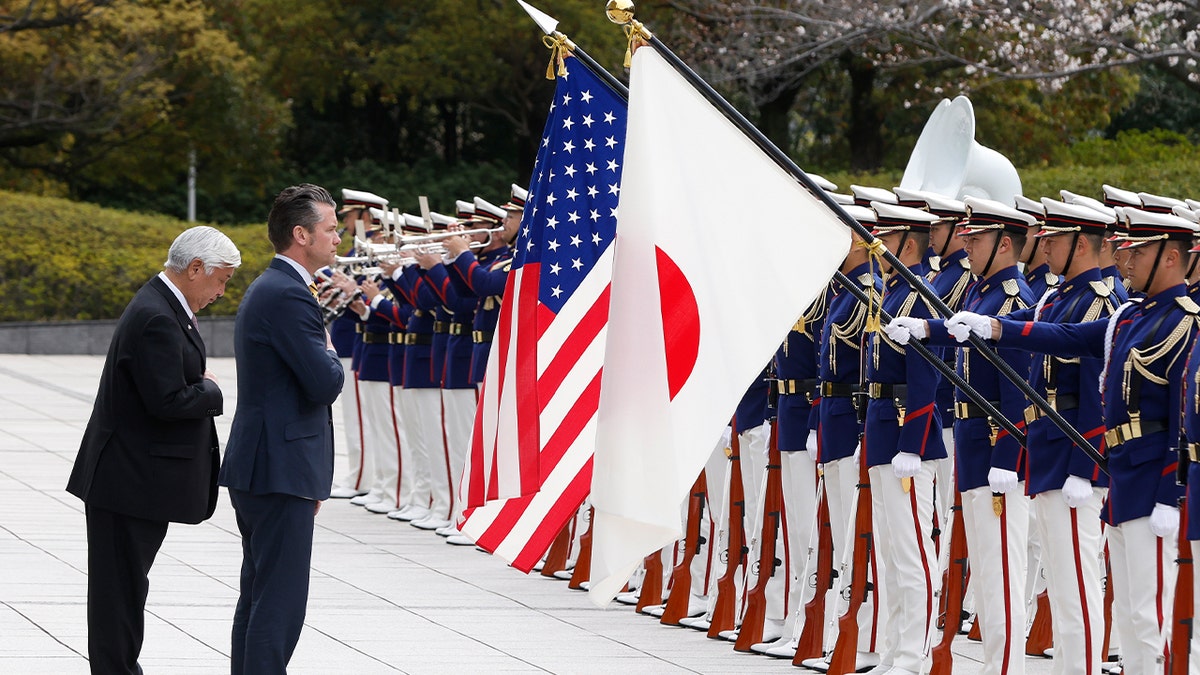
Japanese Defense Minister Gen Nakatani and U.S. Defense Secretary Pete Hegseth review an honor guard in Tokyo. The U.S. has asked Japan to clarify how it would assist in a potential conflict with China. (Kiyoshi Ota/Getty Images)
"With Putin I said, ‘If you go into Ukraine, I’m going to bomb the [expletive] out of Moscow,’" Trump said. "‘I’m telling you. I have no choice.’ And then [Putin] goes, like, ‘I don’t believe you.’ But he believed me 10%."
"I said the same thing to [Xi]," Trump added. "I said, ‘If you go into Taiwan, I’m going to bomb the [expletive] out of Beijing.' I said, 'I have no choice. I’ve got to bomb you.’"
At other times, Trump has criticized the cost of defending Taiwan and argued the island should dedicate 10% of its budget to defense.
Wargaming simulations suggest Japan would be the most crucial ally to the U.S. and Taiwan, as South Korea has not authorized American forces to launch combat operations from its territory. Australia does not permit permanent foreign military bases, but the U.S. is expanding its rotational presence at Australian facilities.
"Japan is always critical, and when I say critical, like we can't win the war without them," Mark Cancian, defense expert at the Center for Strategic and International Studies who regularly briefs lawmakers on China wargames, told Fox News Digital.
"Their forces are important, but our ability to use our bases in Japan is critical," he said, adding that other U.S. bases in the Indo-Pacific like Guam were too far away to serve as a hub.
TAIWAN CONDUCTS LIVE-FIRE DRILLS WITH US-MADE TANKS AS PRESIDENT LOOKS ON
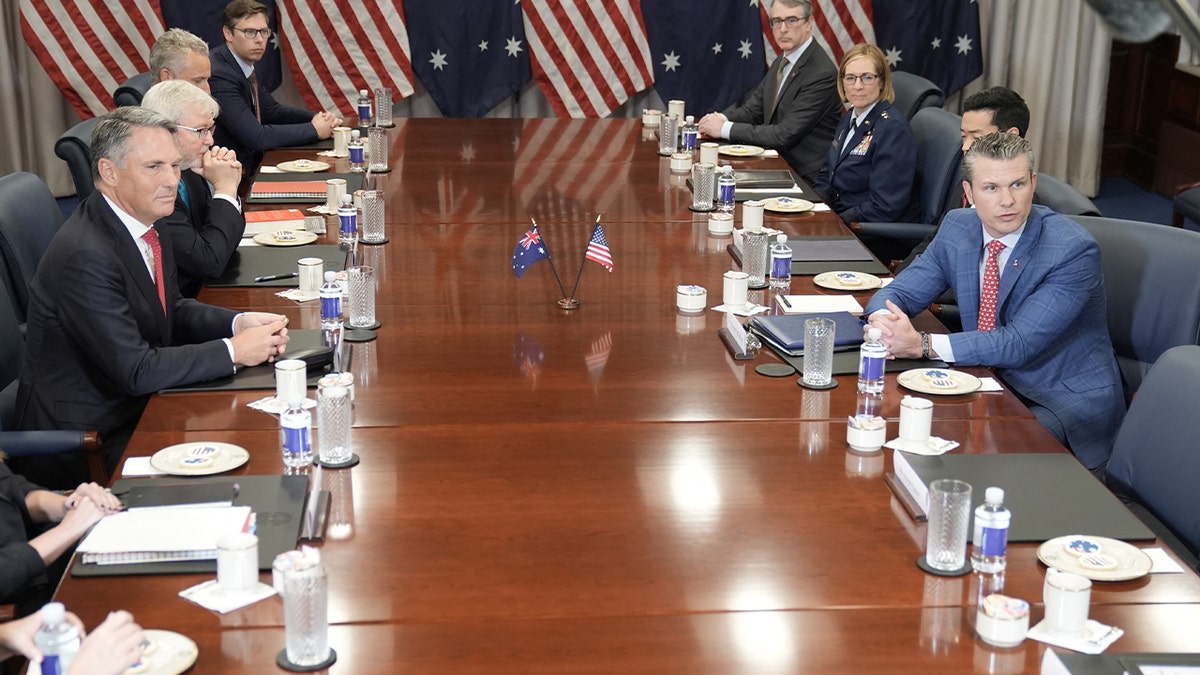
U.S. Defense Secretary Pete Hegseth (R) meets with Australian Deputy Prime Minister and Defense Minister Richard Marles (L) at the Pentagon in February. Australia has declined to say how it would respond to a potential war with China. (Getty Images )
Whether Japan allows the U.S. to center its wartime operations on its territory would be a critical question certain to come up in preparations for a wartime contingency.
The U.S. and Japan have practiced moving forces down the Japanese Ryukyu island chain, the closest of which is only 80 miles off the coast of Taiwan.
Colby’s push for defined allied roles comes on the heels of his initiation of a review of the AUKUS security pact, which aims to supply Australia with U.S.-built nuclear-powered submarines.
CLICK HERE TO GET THE FOX NEWS APP
The Pentagon recently defended Colby after reports emerged that he had temporarily halted military aid to Ukraine — an order quickly reversed by Trump.
Under the AUKUS agreement, Australia would purchase several Virginia-class submarines in the early 2030s, while a new class of submarines would be jointly developed by the U.S., U.K., and Australia. Production in Australia is expected to begin in the 2040s. However, the U.S. is already struggling to produce enough submarines for its own Navy.
.png)
 German (DE)
German (DE)  English (US)
English (US)  Spanish (ES)
Spanish (ES)  French (FR)
French (FR)  Hindi (IN)
Hindi (IN)  Italian (IT)
Italian (IT)  Russian (RU)
Russian (RU)  4 hours ago
2
4 hours ago
2

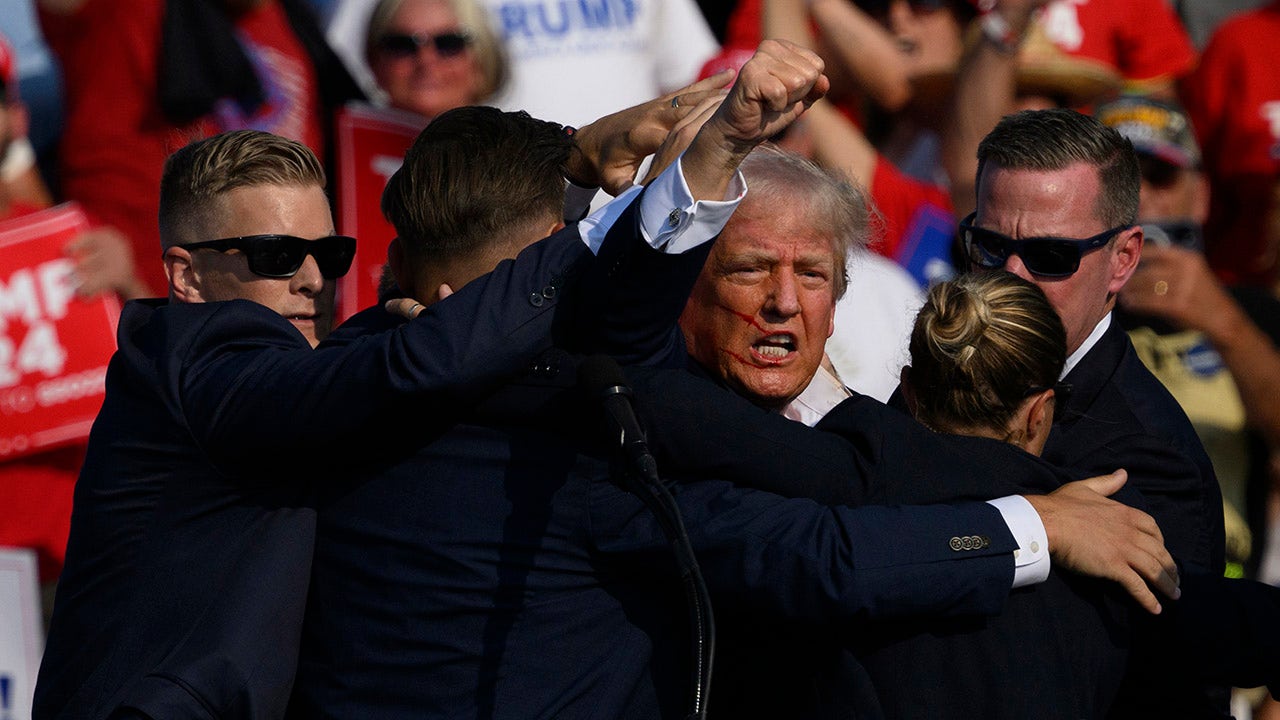
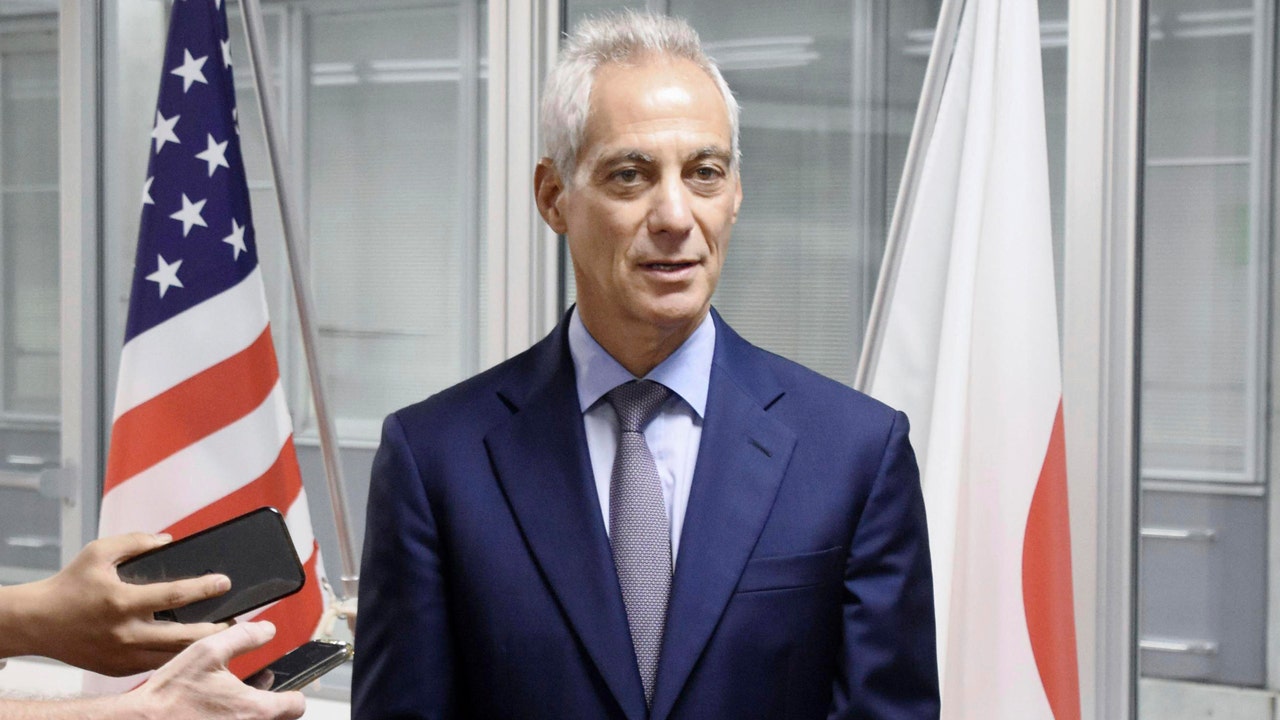






Comments